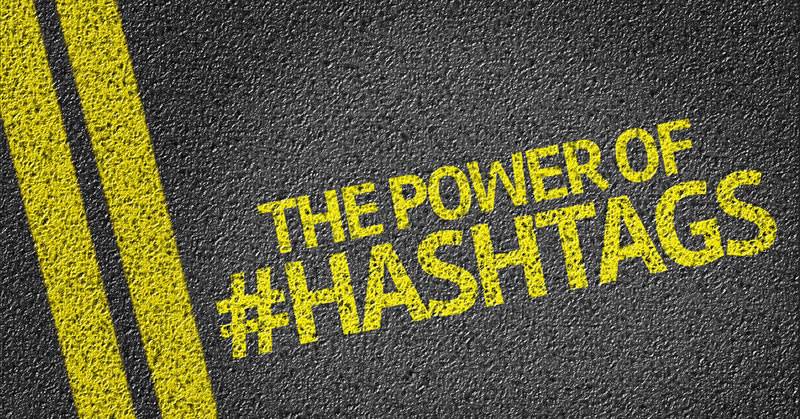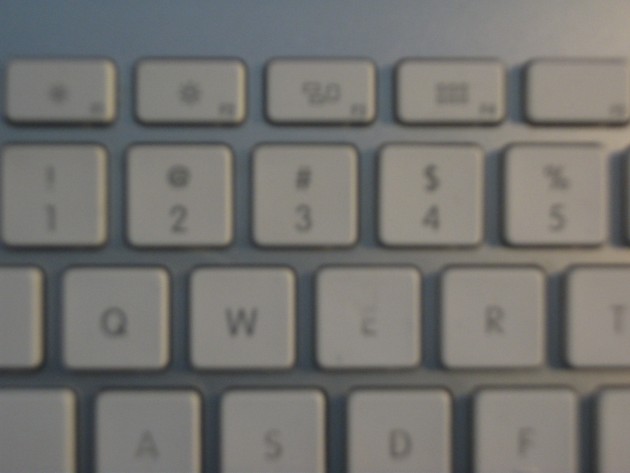Using Hashtags for Local SEO
- Ruth Ann
- February 15th, 2016
 Did anyone even think about the hashtag (#) before the 2000s? In fact, how many people even knew it was called a hashtag? I seem to remember thinking it was used for numbering. It was only when I lived in England in the mid-1990s that I heard someone call it a hashtag.
Did anyone even think about the hashtag (#) before the 2000s? In fact, how many people even knew it was called a hashtag? I seem to remember thinking it was used for numbering. It was only when I lived in England in the mid-1990s that I heard someone call it a hashtag.
Anyway, just as the @ symbol was revived with the introduction of email services thanks to Internet Hall of Famer Ray Tomlinson, the hashtag was brought out of oblivion by a Google designer named Chris Messina (not the actor). He tweeted the idea in 2007. For what it's worth, Messina was born in the USA, and Twitter initially rejected the idea. "It's for nerds," the company told him, according to an interview with Business Insider.
Once Seen, Hashtags Were Here to Stay
But only a few months later, tweets were coming out on Twitter from citizen journalists tweeting updates about the San Diego fires, Messina recalled in an interview with the Wall Street Journal. Then, according to the Journal, conservative politicians caught on and started using it to urge Congress to vote on an energy bill. (I find that far-fetched, too, but consider the source.)
Twitter maintains that its users more or less spontaneously started using the hashtags to organize messages, which more or less follows Messina's intention to use them to create channels. Either way, Messina declined to license the lowly hashtag, conscientiously permitting it for public use. The Internet, he told Business Insider, "should be owned by no one."
One thing that's for sure is that giving light and purpose to obscure symbols like @ and # makes them rock stars. Not long after that first tweet, the hashtag soon became as recognizable as @ or Π on t-shirts and math team banners.
Use Hashtags to Distinguish Yourself Locally
Hashtags are now all over social media: Twitter, Facebook, Instagram, Google +, and most recently, Pinterest. Among the major networks, only LinkedIn has shunned them. There are so many of them, that it's hard to distinguish how to use them to make a point on a global scale. But locally, hashtags can be quite helpful, particularly where their use is restricted.
Twitter, for example, doesn't limit them within the 140 characters. We could, conceivably tweet this out:
Big #sale on #cheap #website #hosting and #domain names! www.websitespot.com
Incredibly, this is only about half the maximum Twitter character limit. But all those hashtags make it hard to read. So if the Boss wants to engage locally, this makes more sense:
#Local #Phoenix web services! Cheap hosting, domain names, registration, email services, marketing support from www.WebsiteSpot.com.
This is still well inside character limits. We could probably add one more hashtag without looking too ridiculous. If this was part of a larger campaign for say, Phoenix businesses, we could add a hashtag like #BuyLocal#Phoenix at the end of the string, getting in close but still under the wire.
Twitter does a nice job of searching and displaying the topics singled out by a hashtag. My only complaint is that you can't edit a tweet to include a forgotten #.
Facebook also has no limit on hashtag use. And unlike Twitter, you can create a business page that reflects your local sensibilities, so chances are, you'll be easer for locals to find.
A recent blog by Moz complains that Facebook's hashtag search doesn't come up with a page full of those hashtags. But in fact, that is the first search item that comes up. For example, if I search #barbecue, the first item listed is #barbecue. Click on it, and a news feed with #barbecue comes up. The next pages that show up under the search are the most popular barbecue-themed pages (i.e., pages with the name "barbecue" in the title and description). Makes sense to me.
If I take it a step further, I can combine two words into a hashtag. For example, I searched #NashvilleBarbecue and got a listing like before, plus highly-ranked pages of Nashville barbecue joints, including those that don't even have the word "barbecue" in their name but their descriptions specify they are a "barbecue restaurant." If nothing else, this serves to remind us that it's worth the trouble to revisit the About page and review the selected tags.
That Moz article is worth checking out to see how various networks treat our friend hashtag. Try them out on the ones you use and see what works and what doesn't work. I suspect that networks are going to treat that # with more respect as it appears in more searches within their walls.



